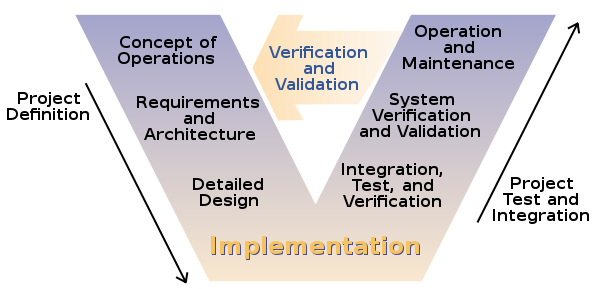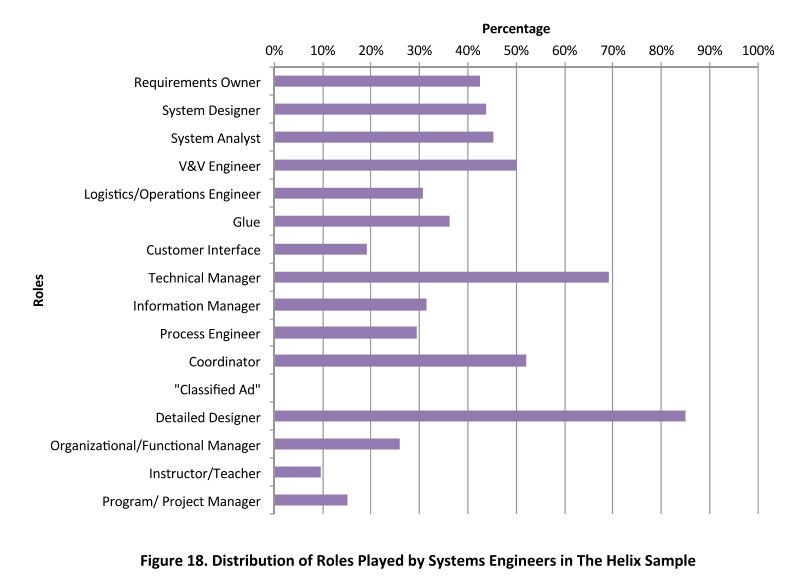What is Systems Engineering?
According to the International Standard on Systems Lifecycle Processes, systems engineering is an interdisciplinary approach governing the total technical and managerial effort required to transform a set of stakeholder needs, expectations, and constraints into a solution and to support that solution throughout its life. (ISO/IEC/IEEE 15288:2015)
INCOSE is the International Council on System Engineering, and is the largest professional society dedicated to Systems Engineering. They define systems engineering as an interdisciplinary approach and means to enable the realization of successful systems. It focuses on defining customer needs and required functionality early in the development cycle, documenting requirements, and then proceeding with design synthesis and system validation while considering the complete problem:
- Operations
- Performance
- Test
- Manufacturing
- Cost & Schedule
- Training & Support
- Disposal
Systems Engineering integrates all the disciplines and specialty groups into a team effort forming a structured development process that proceeds from concept to production to operation. Systems Engineering considers both the business and the technical needs of all customers with the goal of providing a quality product that meets the user needs. (INCOSE 2012)
Many represent the systems engineering process in terms of a “Vee”. Project definition is represented down the left side of the Vee, and integration and test are shown on the right side of the Vee. The value of representing the practice as a Vee is that the tasks performed on the right side trace directly to the tasks on the left side. The left side is where the project is defined, and the right side tasks represent the tasks which ensure the requirements and designs were properly satisfied.

Proficiency Areas for Systems Engineers
There has been an ongoing study, funded by the US Government[1], to identify what makes a good systems engineer. In their interim report, they identified the following 7 attributes of systems engineers
- Self-awareness
- Ambition and Internal motivation
- Inquisitiveness
- Lifelong Learning
- Confidence, Persistence, and Focus
- Professionalism and Respect
- Creativity
That study also identifies the following roles played by systems engineers as represented in the following graph.
[1] Atlas: The Theory of Effective Systems Engineers, Version 0.5, Technical Report SERC-2015-TR-108, Systems Engineering Research Center



